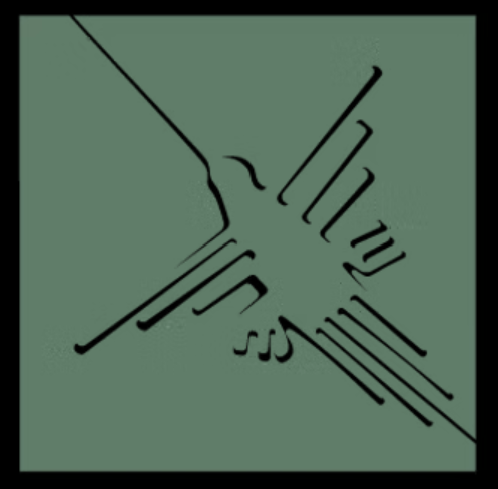Decolonizing Knowledge: Examining the Power Dynamics of Global Unity and Equality
- frankonuh

- Jan 23, 2023
- 1 min read
Who decides what a word should mean? Who decides what is an appropriate or inappropriate meaning? How do we measure and compare knowledge and who decides what is superior or inferior? “Knowledge is not neutral; it is produced in a particular historical context and serves the interests of those who produce it” (Foucault, 1972, emphasis added).
It is common for African leaders and presidents to be questioned about intersectionality and human rights during conversations with the Western press, which I consider a form of (neo)colonialism (neo)imperialism. This raises questions about the possibility of true equality and equity, as well as the actions of donor countries or organizations that may deny aid to countries with laws criminalizing same-sex relationships, and whether this can be considered noble. “The idea that Europe and its culture are the center of the world and that everything else is peripheral or marginal” (Quijano, 1992) is a narrative that has been sustained, while she continues to champion 'equity'. To what extent has the world been united after the formation of the United Nations? How can there be global unity and peace when five people have been given a permanent position in this firm and the ability to veto any resolutions they disagree with?
Sanity and insanity are time and space bound, and until “a worldview that affirms the African experience…” (Asante, 1987), and those of countries in the ‘Global South’ are acknowledged and respected, we are all pretending to be sane. Egbe bere, ugo bere (Let the eagle perch, let the kite perch). 



Comments